The META-MUSEUM project aims to increase public participation in cultural heritage and empower individuals to tackle contemporary social and individual challenges more effectively.

Projects of OPI PIB

The META-MUSEUM project aims to increase public participation in cultural heritage and empower individuals to tackle contemporary social and individual challenges more effectively.
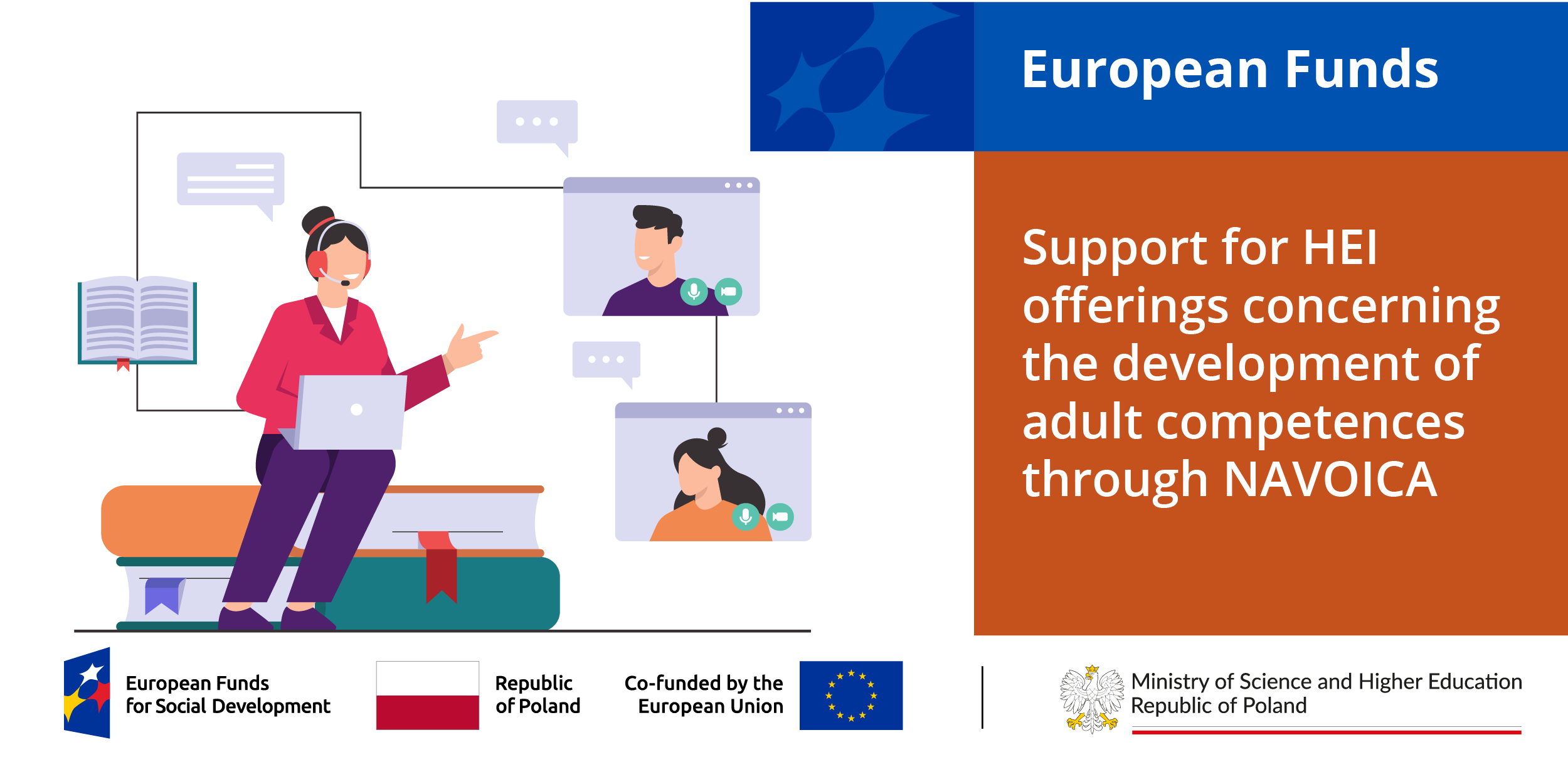
OPI PIB is defining course requirement specifications and preparing e-learning courses to be made available on the NAVOICA platform.
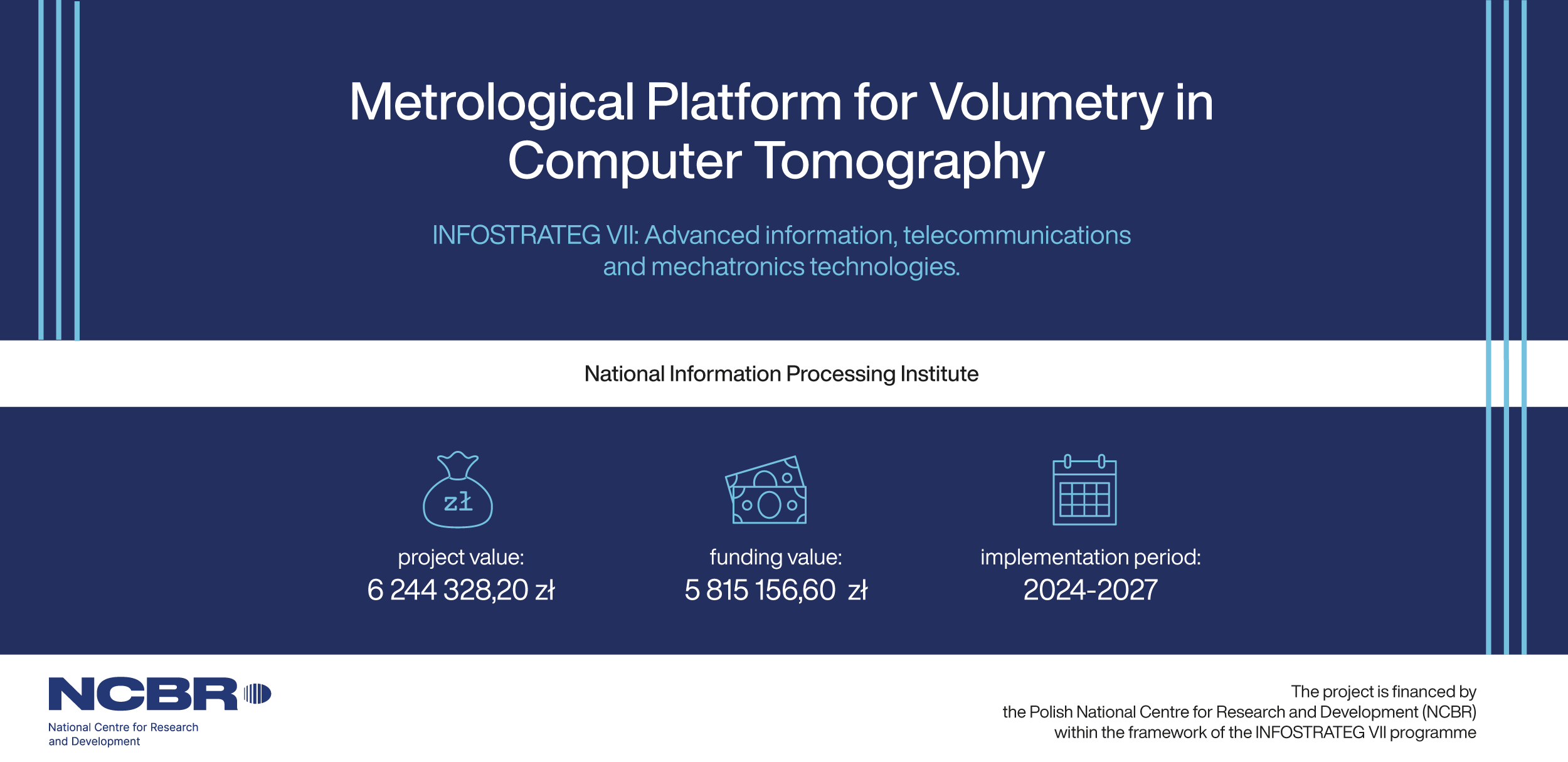
The project aims to develop an advanced metrological platform for volumetric analysis in computed tomography.

The aim of the project is to implement an investment related to scientific activities titled: “Computing infrastructure for new OPI PIB laboratories.”
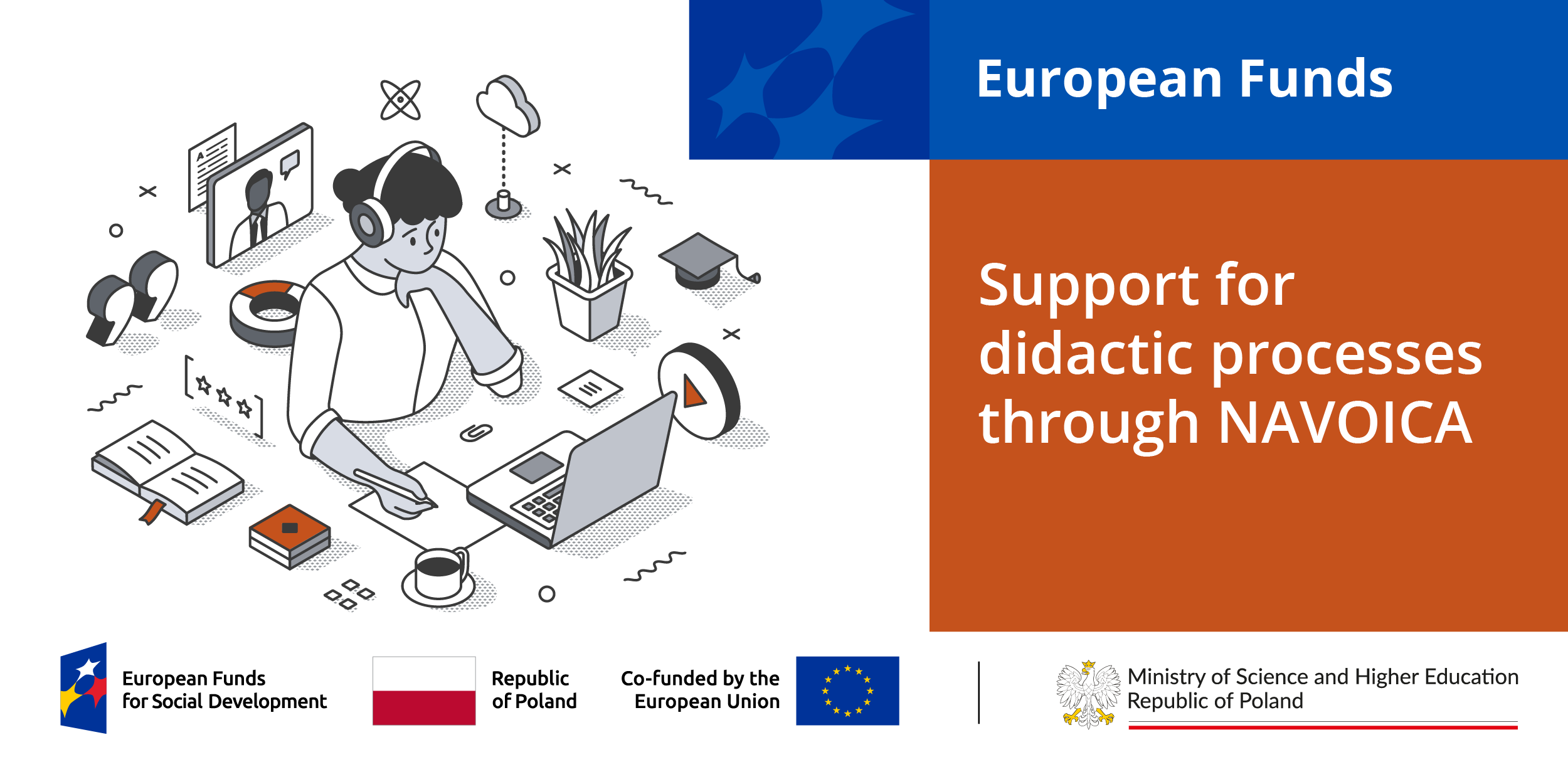
OPI PIB is defining course requirement specifications and preparing e-learning courses to be made available on the NAVOICA platform

The project aims to determine the impact of international academic mobility on the careers of Polish researchers.
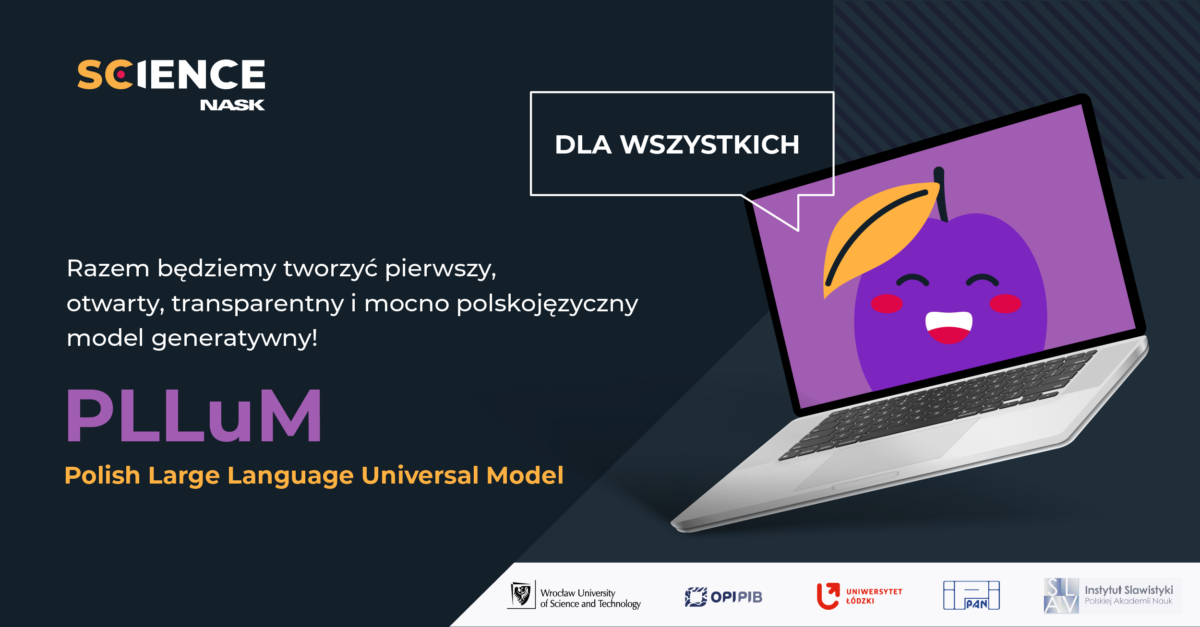
The project aims to develop a foundation generative language model for the Polish language. The model will then be utilised to train a general dialogue model. Finally, the model will power a virtual assistant that provides support to citizens who visit public administration institutions.

The project aims to ensure efficient operation of the National Information Processing Institute (OPI PIB), which serves as an Intermediary Institution of the European Funds for Smart Economy (EFSE) programme and which is responsible for the implementation of Action 2.4 Smart Economy Research Infrastructure (SERI) conducted as part of Priority 2 Innovation-friendly environment.
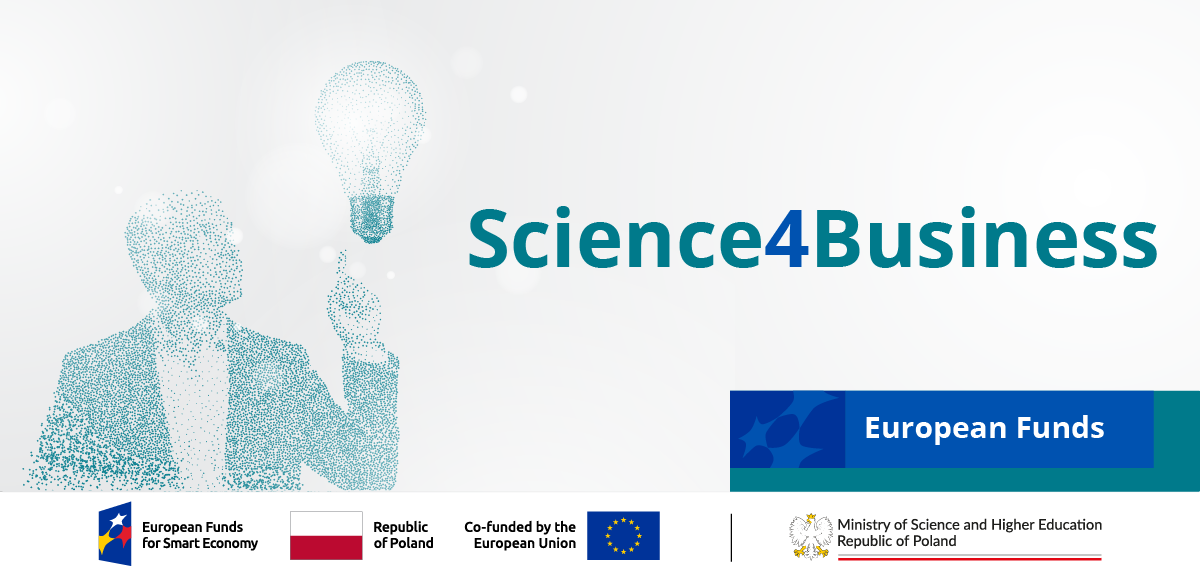
OPI PIB is a partner in Science4Business: a strategic project whose expected outcome is increased effectiveness in collaboration between science and business in Poland, including the commercialisation of research and R&D results. The project’s target groups include research organisations and institutes, universities, and other entities in the higher education and research systems.
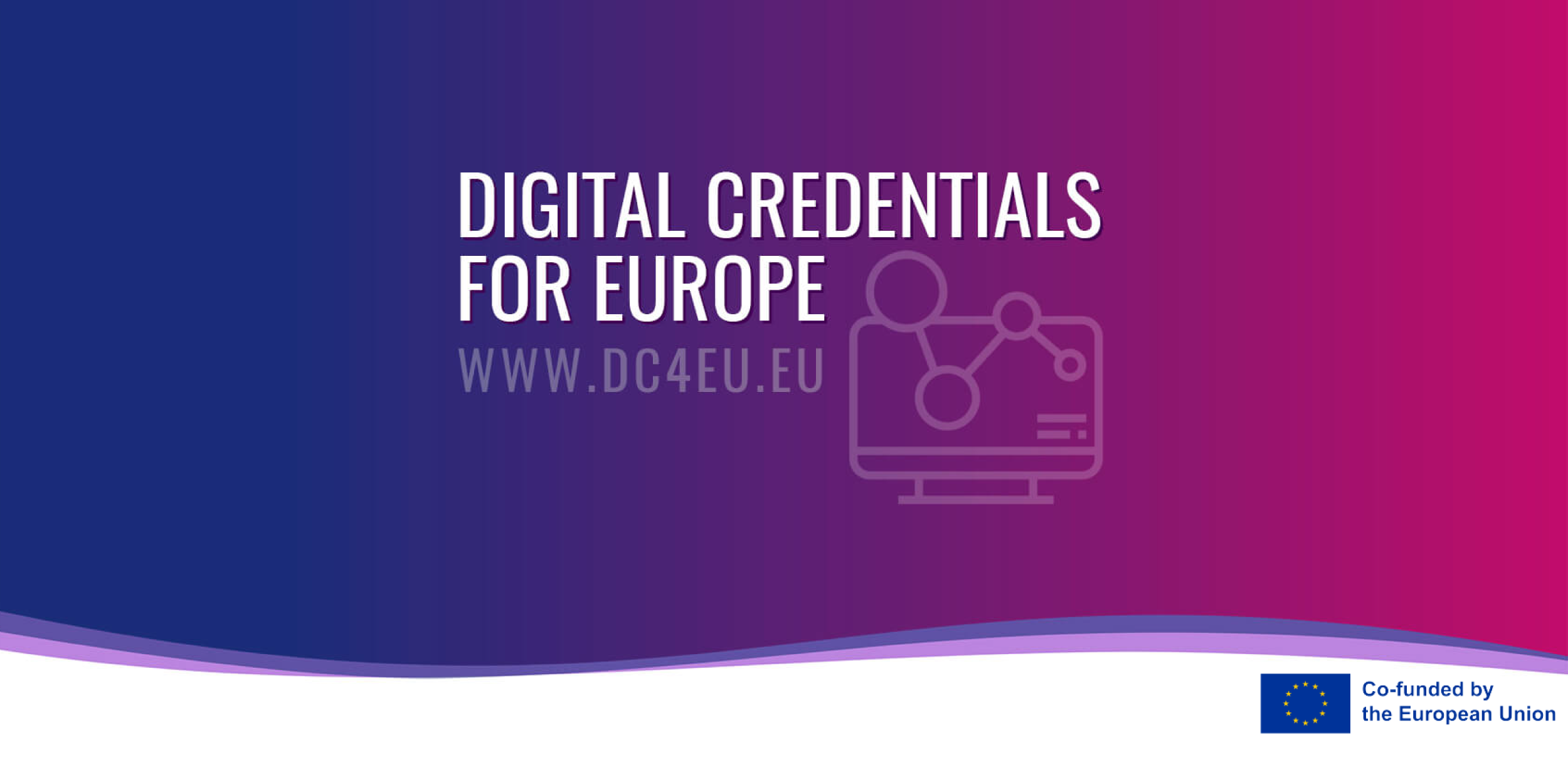
The National Information Processing Institute (OPI PIB) has received funding as a partner in the Digital Credentials for Europe (DC4EU) project, which is implemented as part of the European Commission’s Digital Europe programme.